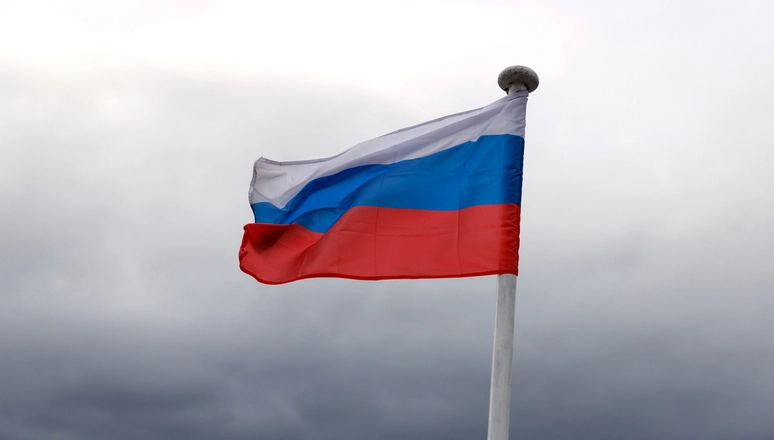
The Higher School of Economics (HSE) has introduced an AI model designed to identify cartels in public procurement, achieving an accuracy rate of over 90%, according to Kommersant.
The current antimonopoly control system faces challenges due to the vast size of the government procurement market. In 2023, 2.4 million contracts were signed, totaling 10.6 trillion rubles.
HSE graduate student Konstantin Efimov created a neural network capable of predicting signs of collusion in auctions with 91% accuracy. The model was trained on data from 89,000 auctions conducted by state-owned companies between 2016 and 2020, along with more than 1,100 decisions by the Federal Antimonopoly Service (FAS) on cartel cases.
The model can be applied immediately after an auction ends, primarily analyzing the behavior of participants during the first bids.
Automated analysis of procurement data could simplify the detection of violations. However, auction participants might try to alter their strategies to deceive the algorithm, but this issue can be addressed by adding extra parameters, according to the author.
The media highlighted the potential risks for legitimate businesses when using automation to detect cartels. The stability of the algorithm depends on the quality of the data used for training.
The FAS has expressed support for the development of these technologies.
“The implementation of such tools is designed to identify risky scenarios that may indicate the presence of anti-competitive agreements. This does not mean automatic decisions about violations,” the agency said.
The regulator emphasized that conclusions about violations of antimonopoly laws are based on a comprehensive analysis of all facts and evidence.
It’s worth mentioning that in September, Russia was suspected of using AI to influence the U.S. elections.
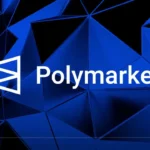


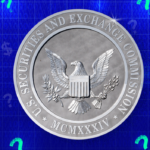

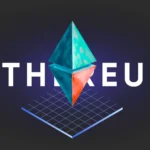

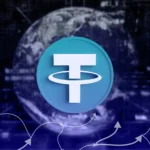



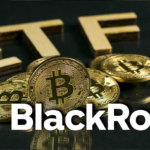


 Cryptol – your source for the latest news on cryptocurrencies, information technology, and decentralized solutions. Stay informed about the latest trends in the digital world.
Cryptol – your source for the latest news on cryptocurrencies, information technology, and decentralized solutions. Stay informed about the latest trends in the digital world.